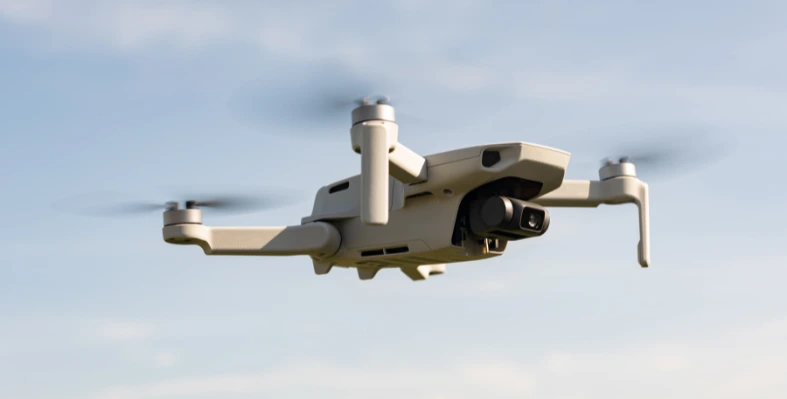While ammonia and methanol are gaining traction as low-carbon fuels and hydrogen carriers to support the global energy transition, large-scale adoption is slow due to uncertain demand, says data and analytics company GlobalData
Demand for low-carbon ammonia and methanol is being driven by industries such as shipping, power generation, fertilizers, and chemicals, given their potential to decarbonise existing operations. GlobalData’s Strategic Intelligence report, “Ammonia and Methanol in Energy Transition,” reveals that countries such as Japan, South Korea, China, and members of the European Union are backing low-carbon projects, while companies including Yara, Maersk, CF, and Mitsubishi are exploring large-scale investments to boost their production.
Low-carbon ammonia capacity is estimated to grow to nearly 250 million tonnes per annum (mtpa) by 2030, with more than 460 upcoming plants globally. Low-carbon methanol is also projected to grow, with plant numbers approaching 150 by 2030. However, many projects are in early stages of development, with some hydrogen-linked initiatives already seeing delays or cancellations.
The report also highlights that low-carbon ammonia and methanol are closely linked to the scaling of hydrogen, acting as carriers for transport and storage. However, growth depends on stronger infrastructure commitments, technology advancements, and regulatory requirements. Shipping is seen as the most promising immediate opportunity, but significant investment and regulatory clarity are required to move beyond pilots.
Ravindra Puranik, Oil and Gas analyst at GlobalData, commented, “Low-carbon ammonia and methanol could complement the energy transition by acting as fuels and hydrogen carriers, but their role is far from guaranteed. Cost competitiveness, safety standards, and infrastructure development will be critical. Without supportive regulation and faster project execution, many of the current net-zero ambitions may not translate into reality.
“Low-carbon ammonia and methanol initiatives had a promising start earlier this decade. However, the pace of development is already slowing, with some high-profile hydrogen projects seeing cancellations or postponement. Combined with high production costs and technical challenges in handling, this raises doubts about whether low-carbon ammonia and methanol can achieve the scale once envisioned. These challenges underline the gap between announced capacity and what will realistically materialise by 2030.”










